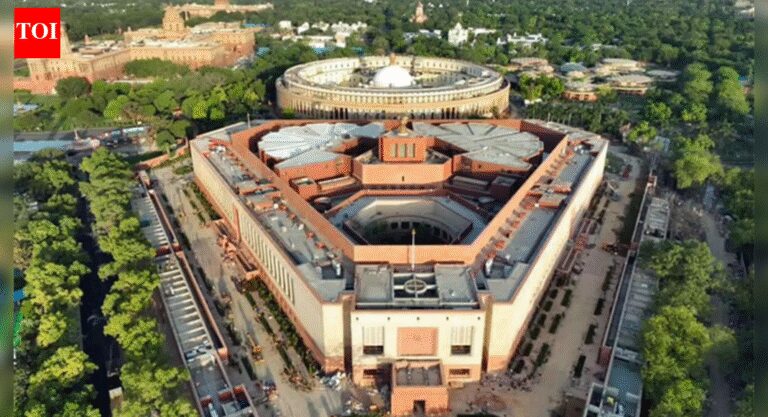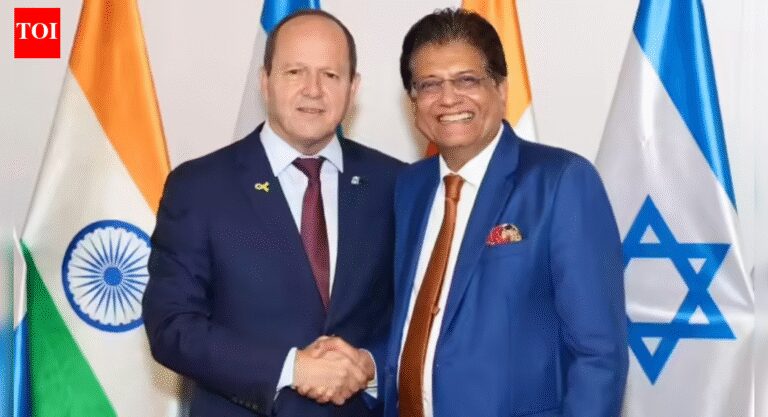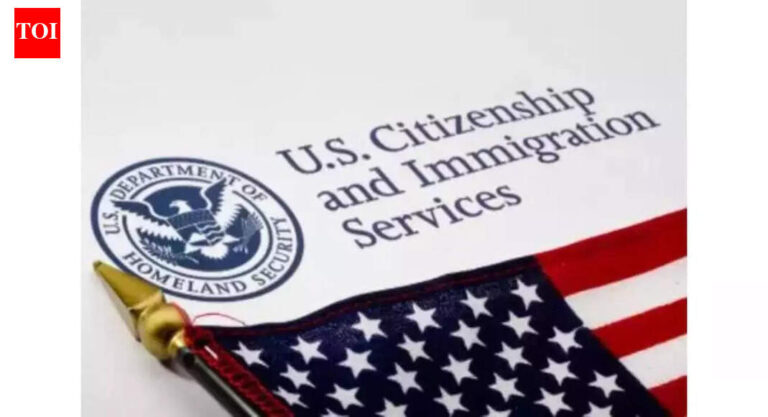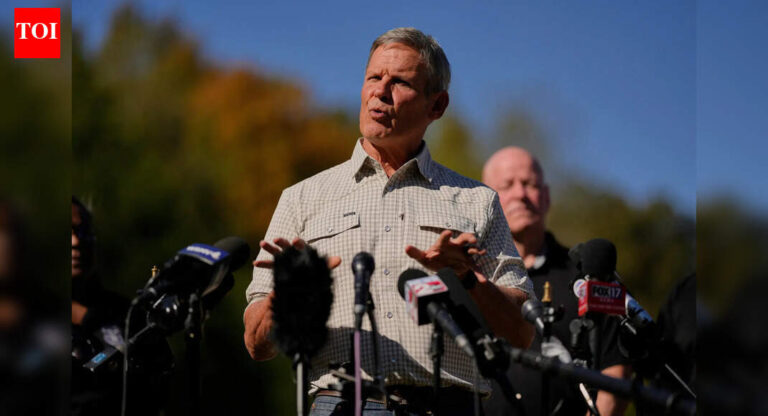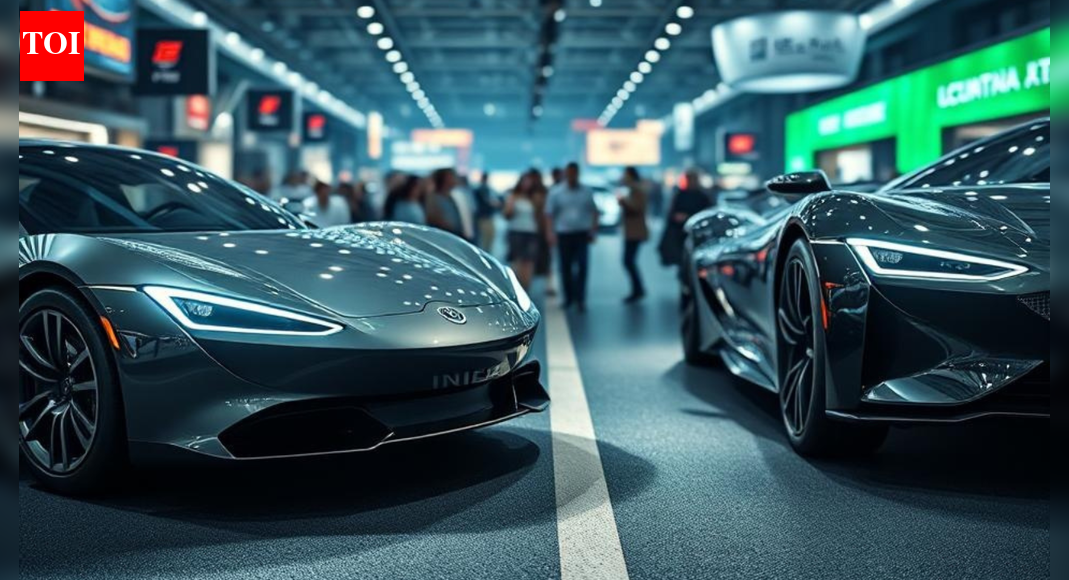
NEW DELHI: The China factor weighs heavily on India’s emerging electric car market as the domestic supply chain for the green cars is still inadequate in key areas such as batteries, semiconductors and magnets.Consider this: of the 46 EV car models sold in the country, only six have been found eligible for benefits under the production-linked incentive (PLI) scheme of the govt as they meet the domestic value-add (DVA) mandates.The rest were marked as ineligible for PLI as the cars carried imported content more than the stipulated levels with large amounts of parts coming in from China, sources told TOI.The incentives are given out by the Ministry of Heavy Industries (MHI), and the criteria for allotting PLI is that a model needs to have at least 50% local content in its composition. a relaxation on import of battery cells effectively takes the DVA cut-off even lower to 40%. “The six approved models include five cars from Tata Motors and one from Mahindra. All the other models sold in the market, including from companies such as JSW MG, BMW, Mercedes-Benz, Hyundai, Kia, Citroen, VinFast, Volvo, Tesla and Audi, have over 60% imported content,” one of the sources said.The EV models that have made the PLI cut are – Tata Nexon, Tata Punch and Tata Harrier SUVs, Tata Tiago hatch, and Tata Tigor sedan. The sixth model is the newly-launched Mahindra XEV9E which also meets the DVA criteria.Interestingly, Tata’s Curvv EV and Mahindra’s BE6 green also do not meet PLI’s local value-add criteria, despite other models from the companies making the cut.Officials from companies whose models did not make the cut said that meeting the DVA criteria at such a nascent stage of EV adoption remains challenging.“The local supply ecosystem for EVs is still not as evolved as it is in the internal-combustion engine (ICE) category. Also, with limited sales of the greens, it is quite challenging and practically unviable to ask our supply chain partners to come to India,” a top functionary of a leading European automaker said, requesting anonymity.So what are the parts that are being imported for the EVs? “These include lithium-ion battery cells; rare earth magnets; DC Motors; laminated stators; semiconductor chips; printed circuit boards, and electronic child parts, all of which are coming from China. Then you have connectors; contactors; relays, and DC-DC converters which come from China and Taiwan,” one of the sources said, citing a detailed study that was carried out by PwC on localisation of EV component supply chain in India.The source said that there are currently “very limited local options” for most of these components as China – and to some degree Taiwan – controls most of the global supplies.


